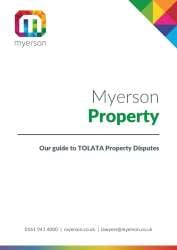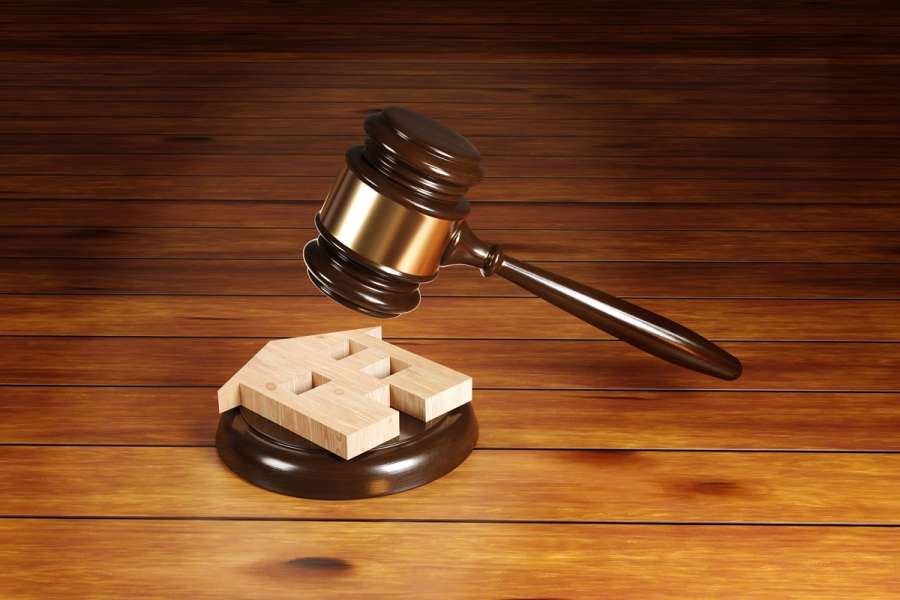
There is a myth that when you live with your partner for a long period of time, you are in a “common law marriage”.
However, the reality is that there is no such concept in England and Wales.
Whether you have lived with your partner for one year or 50 or are not married, you have no automatic rights to your partner’s assets if your relationship breaks down.
Cohabitation is increasing in the UK, with the proportion of people in England and Wales aged 16 years and over living in a couple who were cohabiting (not in a marriage or civil partnership) increasing from 19.7% in 2012 to 22.7% in 2022, equivalent to 5.4 million people in 2012 and 6.8 million people in 2022. (ONS)
Someone will often move into a property their partner already owns, or alternatively, it might be that one person cannot afford to contribute to purchasing a new home.
However, often, people do not realise that if the relationship breaks down, they could find themselves in a difficult situation.
Our Property Ownership Dispute Lawyers explore the legal implications for unmarried couples when one partner owns the home and the relationship ends, outlining how courts assess claims of beneficial interest and the importance of proving common intention and detrimental reliance.







